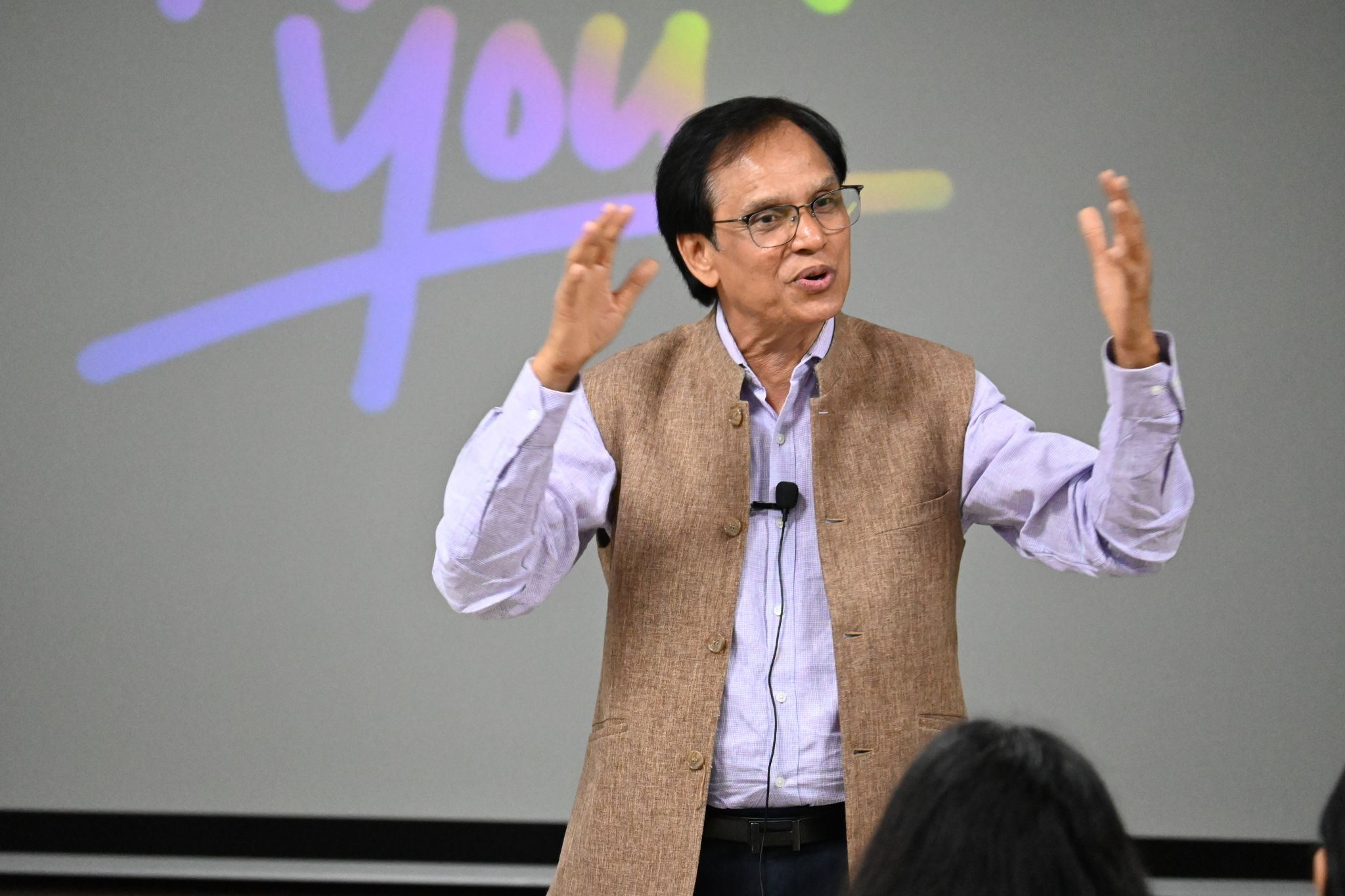Request for callback
By

.png)
Leave Travel Allowance (LTA) is a crucial component of the salary structure for many employees in India. It is a benefit provided by employers to their employees for travel expenses incurred during leave. The Income-tax Act offers an exemption on LTA, which can significantly reduce the taxable income of an individual.
This article delves into the specifics of LTA exemption, the conditions under which it can be claimed, and provides an example for better understanding.
What is Leave Travel Allowance (LTA)?
LTA is an allowance paid by employers to employees for travel expenses incurred on leave. This allowance is specifically for travel within India and can include expenses for the employee and their family members. The family, in this context, typically includes the spouse, children, and dependent parents and siblings.
LTA Exemption Under the Income-tax Act
According to Section 10(5) of the Income-tax Act, 1961, LTA received by an employee from their employer for travel within India is exempt from tax under the Old Tax Regime, subject to certain conditions prescribed in Rule 2B of the Income-tax Rules.
Conditions for LTA Exemption
- Travel Within India: The travel must be within India. International travel expenses are not covered under LTA exemption .
- Journey for Employee and Family: The exemption is available for the employee and their family. Family includes the spouse, children, and dependent parents and siblings.
- Specified Modes of Transport:
- For air travel, the amount exempted is limited to the economy fare of the national carrier by the shortest route.
- For rail travel, the exemption is up to the air-conditioned first-class fare by the shortest route.
- If the origin and destination are not connected by rail but connected by another recognized public transport system, the exemption is up to the first-class or deluxe class fare.
- Where no recognized public transport system exists, the exemption is equivalent to the air-conditioned first-class rail fare for the equivalent distance.
- Block of Four Calendar Years: LTA exemption is available for two journeys in a block of four calendar years. The blocks are predefined by the government. For instance, the blocks could be 2018–2021, 2022–2025, and so on.
- Carry Forward: If the employee does not utilize the LTA exemption for one journey in a block, it can be carried forward to the first year of the next block, thus allowing for three journeys in the subsequent block.
- Number of Children: The exemption is not available for more than two surviving children born after October 1, 1998, except in the case of multiple births after the first child.
Example of LTA Exemption
Let's see an example to understand how the LTA exemption is computed.
Mr. Ram Mohan works for a private limited company . He received LTA of ₹1,00,000 as part of his salary package. In the year 2023, he takes his family (wife and two children) on a vacation to Kerala. He incurs the following travel expenses:
- Airfare (economy class) for round trip: ₹80,000
- Hotel accommodation: ₹50,000
- Local travel and sightseeing: ₹10,000
- Only the travel expense (airfare) is eligible for LTA exemption.
- Hotel accommodation and local travel expenses are not eligible.
- The eligible travel expense is ₹80,000, which is within the LTA amount received.
Therefore, Mr. Ram Mohan can claim an LTA exemption of ₹80,000/-. If he is exercising the option for taxation under the “Old Tax Regime.”
Important Considerations
- Proof of Travel: Employees must provide proof of travel, such as tickets and boarding passes, to claim LTA exemption.
- Tax Regime: The LTA exemption is not available under the New Tax Regime introduced under Section 115BAC.
Conclusion
LTA exemption is a beneficial provision for employees, allowing them to reduce their taxable income by claiming travel expenses. However, it is essential to understand the conditions and limits set by the Income-tax Act and the corresponding rules. Proper planning and documentation can help maximize the benefits of LTA exemption, making vacations not just enjoyable but also tax-efficient. Click here to book your FREE tax assessment call
Disclaimer:
The article is only for educational purposes and is not to be construed as tax advice. The relevant provisions of the Income-tax Act may be referred to, for complete understanding.


-1.png)
-1.png)
.png)


